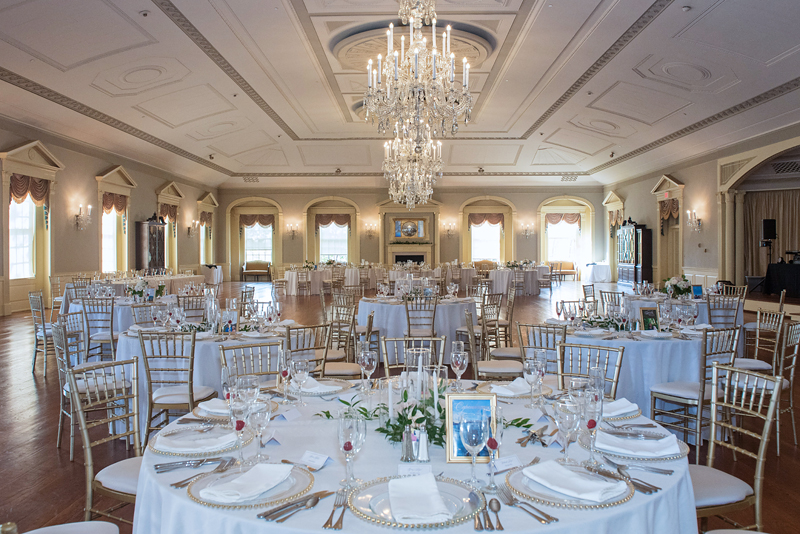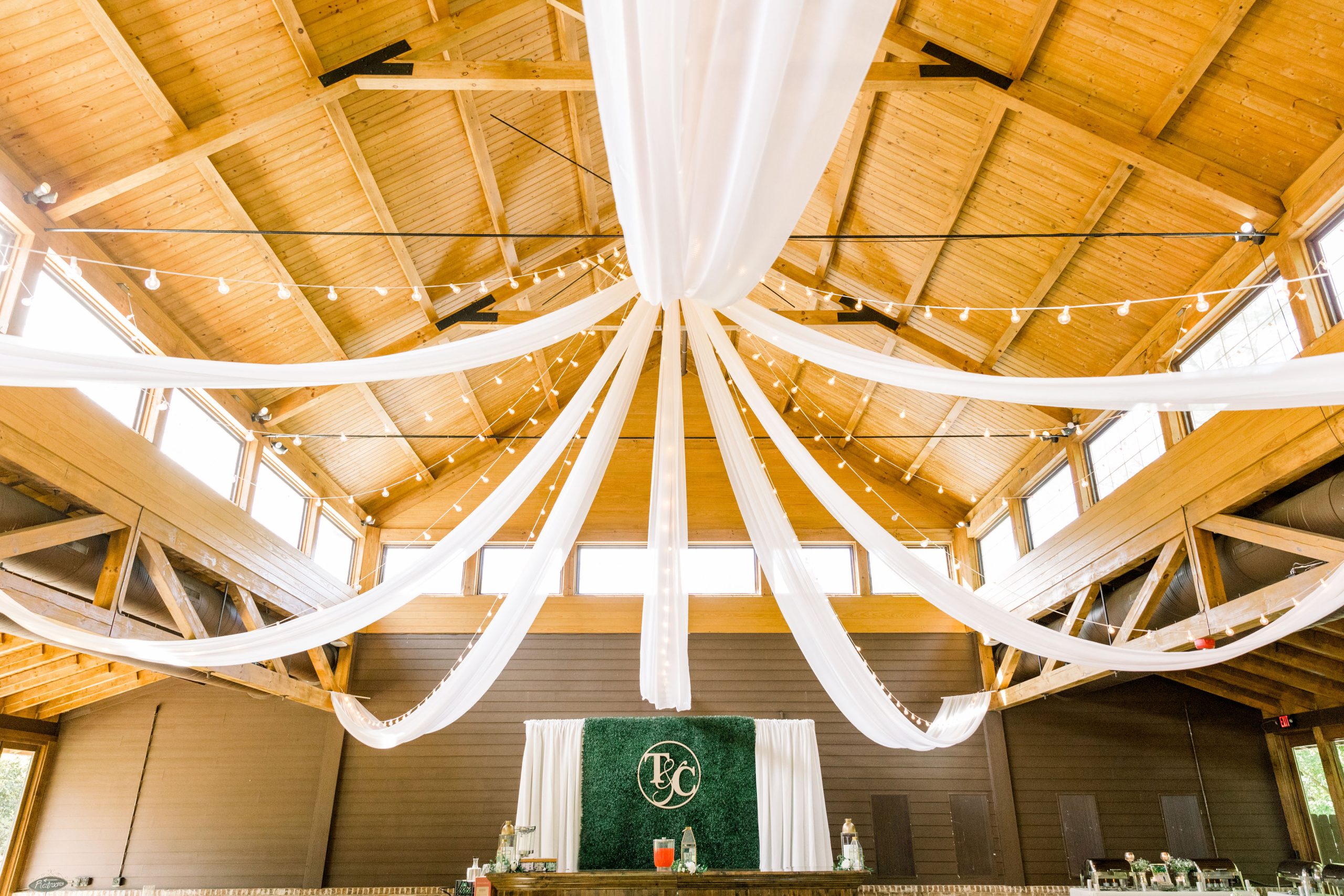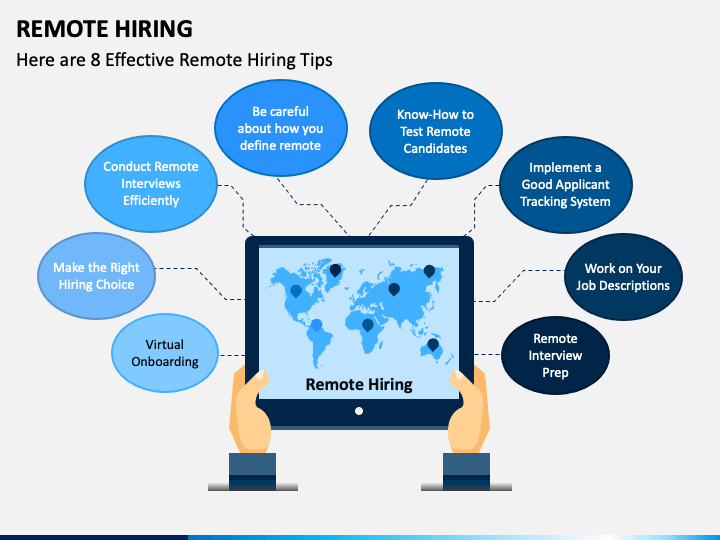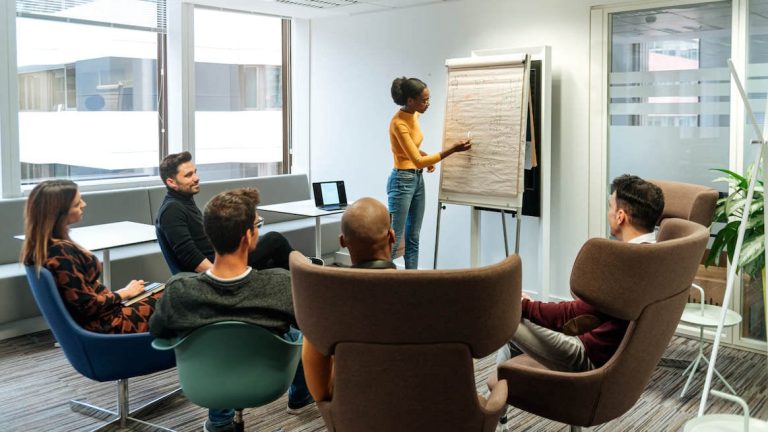Importance of Knowing Your Venue
Knowing your venue is crucial for a successful event, as it allows you to plan and execute logistics effectively, ensuring a smooth and enjoyable experience for attendees. By understanding the venue’s layout, size, amenities, and any potential limitations or restrictions, you can make informed decisions about event set-up, navigation, and overall flow.
This knowledge enables you to optimize space utilization, maximize attendee comfort, and address any potential challenges ahead of time. In turn, this enhances event organization and execution, ultimately leading to a more positive and memorable experience for all involved.

Credit: daisybluephoto.com
Why Knowing Your Venue Is Crucial For Successful Events
When it comes to planning a successful event, one of the most important factors to consider is the venue. Knowing your venue inside out is crucial for ensuring that everything runs smoothly and that your event leaves a lasting impression on attendees. From creating a seamless flow for attendees to tailoring the event to match the venue and maximizing space and layout optimization, understanding your venue is key.
Creating a Seamless Flow for Attendees
One of the main reasons why knowing your venue is vital for successful events is the ability to create a seamless flow for attendees. By understanding the layout and logistics of the venue, you can strategically plan the flow of the event, ensuring that attendees can effortlessly navigate from one area to another. This not only enhances the overall attendee experience but also minimizes any potential bottlenecks or congestion, allowing your guests to move freely without any hindrances.
Tailoring the Event to Match the Venue
Another advantage of knowing your venue is the ability to tailor the event to match the unique characteristics of the space. Each venue has its own ambiance, architectural design, and atmosphere, which can greatly impact the overall atmosphere of your event. By familiarizing yourself with the venue, you can leverage its strengths and design an event that seamlessly integrates with its surroundings. This attention to detail creates a cohesive experience that resonates with attendees and leaves a lasting impression.
Maximizing Space and Layout Optimization
Knowing your venue also allows you to maximize the space and optimize the layout to ensure maximum efficiency and attendee engagement. By having an in-depth understanding of the venue’s dimensions, available amenities, and potential limitations, you can strategically plan the placement of various event elements, such as registration areas, food stations, breakout sessions, and exhibitor booths. This optimization not only maximizes the use of available space but also enhances attendee interaction and engagement throughout the event.
Overall, understanding your venue is crucial for planning successful events. By creating a seamless flow for attendees, tailoring the event to match the venue, and maximizing space and layout optimization, you can ensure that your event leaves a lasting impression on attendees and achieves its objectives.
Understanding The Venue’S Technical Infrastructure
When planning an event or conference, it’s crucial to know the ins and outs of the venue’s technical infrastructure. This knowledge can help ensure a smooth and successful event, allowing you to address any potential technical hurdles beforehand. One of the key aspects of understanding the venue’s technical infrastructure is familiarizing yourself with its audiovisual equipment, internet connectivity and bandwidth, as well as its lighting and sound systems.
Ensuring Compatibility of Audiovisual Equipment
Mismatched or incompatible audiovisual equipment can lead to a frustrating experience for both the event organizers and attendees. To avoid any unnecessary disruptions, it’s essential to ensure the compatibility of audiovisual equipment at the chosen venue. This involves verifying that the equipment you plan to use, such as projectors, screens, microphones, and speakers, can be seamlessly integrated into the venue’s existing infrastructure.
Consider making a checklist of the audiovisual equipment you will be bringing or renting for your event, and cross-reference it with the venue’s available equipment. If any gaps or inconsistencies arise, communicate with the venue management or audiovisual team to find solutions. It’s better to address these compatibility issues well in advance to avoid any last-minute technical glitches during your event.
Testing Internet Connectivity and Bandwidth
In today’s digital age, reliable internet connectivity is more crucial than ever. Testing the venue’s internet connectivity and bandwidth is therefore a critical step in understanding its technical infrastructure. Poor or unreliable internet can hamper live streaming, online demonstrations, or other digital presentations that may be pivotal to the success of your event.
Before the event, run speed tests to evaluate the venue’s internet connection. Check if the bandwidth meets the requirements for the activities planned, such as uploading and downloading large files or streaming high-quality videos. If you foresee potential internet limitations, consider alternative solutions like a backup Wi-Fi network or coordinating with a professional IT team to ensure a stable internet connection throughout the event.
Familiarizing with Lighting and Sound Systems
Lighting and sound play a significant role in setting the atmosphere and enhancing the overall experience of an event. Familiarizing yourself with the venue’s lighting and sound systems will allow you to optimize their use and troubleshoot any issues that may arise.
Prior to the event, inquire about the venue’s lighting capabilities, such as the type of lighting fixtures available, their positioning, and any control options. Understanding the lighting system will enable you to create the desired ambiance and appropriately highlight key areas or speakers during presentations.
Similarly, familiarize yourself with the venue’s sound systems, including the type of microphones, speakers, and mixing boards they have. Test the sound quality and ensure the equipment is in good condition. This knowledge will empower you to make necessary adjustments and ensure that all attendees can hear clearly, regardless of their seating position.
By thoroughly understanding the venue’s technical infrastructure, specifically regarding audiovisual equipment compatibility, internet connectivity and bandwidth, as well as lighting and sound systems, you can bridge any potential gaps, minimize technical difficulties, and contribute to a successful and memorable event.
The Impact Of Knowing Your Venue On Event Planning
When planning an event, one of the most important factors to consider is the venue. The venue sets the stage for the entire event, providing the space, facilities, and atmosphere that will leave a lasting impression on attendees. But beyond just finding a beautiful space, knowing your venue inside and out can have a significant impact on your event planning process. From streamlining logistics and operations to effectively managing risk and safety, and building strong partnerships with venue staff, understanding your venue is key to executing a successful event.
Streamlining Logistics and Operations
When you have a deep understanding of your venue, you are better equipped to streamline logistics and operations. By knowing the layout and capabilities of the space, you can plan the placement of tables, chairs, and equipment efficiently. This knowledge also allows you to anticipate any potential challenges and find solutions ahead of time. Additionally, understanding the technological capabilities of the venue ensures that you have the necessary equipment and technical support in place. With this level of preparation, you can save time and energy during the setup and execution of your event.
Effectively Managing Risk and Safety
Knowing your venue is crucial when it comes to managing risk and ensuring the safety of your attendees. Each venue has its own unique set of safety regulations, emergency procedures, and capacity limits. By familiarizing yourself with these guidelines, you can ensure that your event complies with all necessary safety protocols. Knowing the venue’s emergency exits, first aid stations, and medical facilities can also help you swiftly respond to any unforeseen incidents. By prioritizing safety and being well-prepared, you create a secure environment for your attendees to enjoy the event.
Building Strong Partnerships with Venue Staff
Building strong partnerships with the staff at your chosen venue is essential for a successful event. The venue staff plays a crucial role in the overall experience of attendees, as they are responsible for managing various aspects, such as food and beverage service, audiovisual setup, and guest assistance. When you have a good understanding of the venue, you can effectively communicate your needs and expectations to the staff. This collaboration allows you to work together seamlessly, resulting in a well-coordinated event. By building a strong relationship with the venue staff, you create a foundation for future partnerships and ensure a smooth planning process for future events.
Adapting To The Venue’S Atmosphere And Ambiance
Incorporating the Venue’s Aesthetic into Event Design
When it comes to planning an event, one of the crucial factors that often gets overlooked is the venue’s atmosphere and ambiance. The environment where your event takes place sets the mood and tone for the entire experience. Adapting to the venue’s atmosphere and ambiance is essential in creating an engaging and memorable event for your attendees.
One effective way to enhance the attendee experience is by incorporating the venue’s aesthetic into your event design. Every venue has its unique style, whether it’s an elegant ballroom, a rustic barn, or a modern art gallery. By aligning your event theme and decorations with the venue’s aesthetic, you create a cohesive and visually appealing experience. For example, if you’re hosting a wedding in a garden venue, incorporating floral arrangements into your event design can accentuate the natural beauty of the surroundings and create a romantic atmosphere.
Additionally, paying attention to the colors, textures, and architectural elements of the venue can help you select the right lighting, furniture, and decor that complement the space. This attention to detail will showcase your event’s careful thought and planning, leaving a lasting impression on your attendees.
Leveraging the Venue’s History and Heritage
Another way to adapt to the venue’s atmosphere and ambiance is by leveraging its history and heritage. Many venues have a rich backstory or cultural significance that can add depth and interest to your event. By incorporating elements of the venue’s history and heritage into your event, you create a unique and authentic experience that resonates with your attendees.
For example, if you’re hosting a conference in a historic building, you can organize guided tours that highlight the venue’s architectural features or historical significance. This not only educates your attendees but also connects them to the place in a meaningful way. You can also display photographs or artifacts related to the venue’s history, creating conversation starters and opportunities for engagement.
Enhancing Attendee Experience through Ambiance
Ambiance plays a crucial role in setting the mood and atmosphere of your event. By paying attention to the venue’s ambiance, you can create an immersive experience that enhances attendee engagement and satisfaction.
One way to enhance ambiance is through strategic lighting. Different lighting techniques can create various moods, whether it’s a warm and intimate glow or a vibrant and energetic atmosphere. Experimenting with lighting effects that align with your event objectives and theme can transform the venue’s space into a captivating environment.
Furthermore, carefully selecting background music can significantly impact the ambiance of your event. The right musical playlist can create a relaxed and inviting atmosphere or an upbeat and lively vibe, depending on the desired experience. Consider the preferences and demographics of your attendees when curating the perfect playlist.
Uncovering Hidden Opportunities Within The Venue
Knowing your venue goes beyond just the space and location. It involves understanding the unique features and facilities it offers, collaborating with local vendors for decor and catering, and leveraging the venue as a selling point. By uncovering these hidden opportunities, you can transform your event into an unforgettable experience for your attendees. Let’s explore each of these aspects in more detail.
Utilizing Unique Features and Facilities
One of the advantages of knowing your venue inside out is the ability to utilize its unique features and facilities. Perhaps you have access to an outdoor garden or a rooftop terrace with breathtaking views. These distinctive spaces provide an opportunity to create memorable moments and enhance the overall ambiance of your event.
Furthermore, understanding the technical capabilities of your venue can help you plan more effectively. For instance, if the venue is equipped with state-of-the-art audiovisual equipment, you can incorporate engaging presentations or interactive displays to captivate your audience. By harnessing these unique features, you can elevate your event to a new level and leave a lasting impression on your guests.
Collaborating with Local Vendors for Decor and Catering
When it comes to decor and catering, collaborating with local vendors can add a sense of authenticity and uniqueness to your event. Local vendors have a deep understanding of the venue and can provide valuable insights on how to make the most of the space. They can help you select decor that complements the venue’s aesthetics and create a cohesive atmosphere for your event.
Moreover, working with local caterers allows you to showcase the region’s culinary specialties and support local businesses. By incorporating local flavors and ingredients, you not only provide a memorable dining experience but also contribute to the local community. This collaboration not only elevates the overall event experience but also creates an opportunity to establish lasting connections with local vendors.
Showcasing the Venue as a Selling Point
In addition to enhancing the event experience, knowing your venue allows you to showcase its unique attributes as a selling point. When promoting your event, highlight the venue’s standout features and facilities to attract attendees. Whether it’s the historical significance of the building, the breathtaking views, or the innovative design, emphasize what sets your venue apart.
A well-chosen venue can add prestige and credibility to your event. It creates a sense of anticipation and excitement among potential attendees. By effectively showcasing the venue as a selling point, you can increase ticket sales, generate buzz, and create a sense of exclusivity.
In conclusion, knowing your venue is essential for uncovering hidden opportunities that can take your event to new heights. Understanding the unique features and facilities, collaborating with local vendors for decor and catering, and showcasing the venue as a selling point all contribute to creating an unforgettable experience for your attendees. So, dive deep into your venue research, harness its full potential, and create an event that will leave a lasting impression.
Overcoming Challenges With Venue Limitations
When planning an event, knowing your venue is crucial to its success. However, even the most carefully selected venue may come with its own limitations that can pose challenges. By proactively addressing and navigating these limitations, you can ensure a seamless and successful event experience for both you and your attendees. Let’s explore some common venue limitations and how you can overcome them.
Navigating Constraints in Space or Capacity
One of the primary challenges you may face with a venue is limited space or capacity. Whether you’re hosting a conference, a wedding, or any other event, accommodating your desired number of attendees can be a logistical puzzle. However, with careful planning and creative solutions, you can successfully navigate these constraints.
Here are some strategies you can employ:
- Optimize the layout: Maximize the space available by carefully arranging seating, booths, or displays. Consider using multi-purpose furniture or modular setups that can adapt to different space configurations.
- Utilize outdoor areas: If the weather permits, explore the option of utilizing outdoor areas for additional space. Set up tents, marquees, or temporary structures that can provide cover and expand your capacity.
- Use technology to your advantage: In cases where physical capacity is limited, consider incorporating virtual attendance options. Livestreaming or setting up video conference rooms can allow remote participants to join in and expand the reach of your event.
Mitigating Noise or Accessibility Issues
Noise pollution or accessibility challenges can significantly impact the overall experience of your event. It’s important to proactively address these issues to ensure that your attendees can fully engage and participate.
Consider these strategies to mitigate noise or accessibility problems:
- Soundproofing: If your venue is in a noisy area or has multiple concurrent events, soundproofing measures such as using acoustic panels or installing sound barriers can help create a more serene environment for your attendees.
- Assistive devices: For attendees with hearing impairments, providing assistive listening devices or sign language interpreters can ensure they can fully participate. Additionally, ensuring wheelchair accessibility, ramps, or elevators can make the event inclusive for attendees with mobility challenges.
- Strategic scheduling: To minimize noise disruptions, coordinate with the venue and other event organizers to schedule activities or maintenance during less critical times. This can help create a quieter environment for your attendees.
Developing Contingency Plans for Inclement Weather
Outdoor events are always at the mercy of the weather, and unforeseen conditions can throw a wrench in your plans. It’s crucial to have a contingency plan in place to handle inclement weather and ensure a smooth experience, rain or shine.
Consider these steps to develop contingency plans:
- Monitor weather forecasts: Stay up-to-date with weather predictions leading up to the event. This will help you anticipate any potential weather challenges and make informed decisions.
- Secure backup venues: Identify alternate indoor venues nearby that can accommodate your event if severe weather becomes a concern. This will allow you to quickly shift the event indoors without major disruptions.
- Communicate with attendees: Keep your attendees informed about potential weather-related changes. Utilize email, social media, or event apps to provide real-time updates and instructions on any required adjustments or venue relocations.
- Invest in weather protection solutions: If your event is held in an open outdoor area, consider renting or purchasing weather protection equipment such as tents, awnings, or umbrellas. These can shield attendees from rain or harsh sunlight, ensuring their comfort even in adverse weather conditions.
By proactively addressing the challenges that venue limitations present, you can ensure a successful event regardless of the constraints you may face. Planning ahead, utilizing creative solutions, and communicating effectively will help you overcome these challenges and provide your attendees with an unforgettable event experience.
How Venue Knowledge Enhances Communication With Stakeholders
In the event management industry, effective communication with stakeholders is paramount to ensure the success of any event. One way to enhance communication is by having a thorough understanding of the event venue. When event planners and organizers, vendors and service providers, as well as attendees and guests, can rely on your venue knowledge, it not only helps to build trust, but it also enables smooth collaboration and coordination throughout the event. Let’s delve into how venue knowledge can enhance communication with each of these stakeholders.
Collaborating with Event Planners and Organizers
Event planners and organizers play a crucial role in turning ideas into reality. As a stakeholder, sharing your venue knowledge with them can significantly improve collaboration and ensure a seamless planning process. By providing them with essential information about the venue, such as layout, capacity, amenities, and technical capabilities, you can help them make more informed decisions. This knowledge allows event planners to create a detailed event timeline, consider logistical requirements, and anticipate any potential challenges or limitations specific to the venue.
Aligning with Vendors and Service Providers
Vendors and service providers are the backbone of any successful event. From catering and audiovisual equipment to décor and security, these stakeholders rely on venue knowledge to deliver their services effectively. By understanding the intricacies of your venue, you can provide vendors with accurate information about access points, loading dock locations, and power supply availability. This ensures a smooth setup and minimizes last-minute surprises or delays. Additionally, communicating any specific venue rules or regulations can help vendors align their operations accordingly, creating a harmonious environment for all parties involved.
Effectively Communicating with Attendees and Guests
Another crucial aspect of event management is communicating with attendees and guests. Your venue knowledge can have a significant impact on the overall attendee experience. By understanding the layout, amenities, and accessibility features of the venue, you can provide accurate directions, answer questions, and address concerns promptly. This not only enhances guest satisfaction but also ensures their safety and comfort. With a deep understanding of the venue, you can effectively communicate important details such as parking instructions, restroom locations, and emergency exits, making the event experience more convenient and enjoyable for all.
By leveraging your venue knowledge to enhance communication with stakeholders, you can foster strong relationships, ensure smooth operations, and create an exceptional event experience for everyone involved. Whether it’s collaborating with event planners, aligning with vendors, or effectively communicating with attendees and guests, your venue expertise sets the foundation for successful events.
Case Studies: Successful Events Driven By Venue Knowledge
When it comes to planning a successful event, knowing your venue inside and out can make all the difference. Understanding the unique qualities and features of a venue allows event planners to leverage its strengths and optimize the overall experience for attendees. In this article, we will explore three case studies of successful events that were driven by venue knowledge.
Event A: Leveraging the Venue’s Natural Surroundings
One prime example of how venue knowledge can elevate an event is Event A. This outdoor music festival took place in a picturesque valley surrounded by lush green hills and a sparkling river. The event organizers embraced the natural surroundings and incorporated them into the overall ambiance of the festival.
By strategically positioning stages and seating areas to take advantage of the stunning views, attendees were treated to a breathtaking backdrop as they enjoyed live performances. The event team also utilized the natural topography to create unique and intimate spaces, such as seating areas tucked between trees or stages built into the hillside.
Moreover, instead of attempting to compete with or alter the natural surroundings, Event A embraced them, leading to an authentic and immersive experience. The venue knowledge allowed the organizers to seamlessly integrate the event into its environment, resulting in rave reviews from attendees and a memorable experience for all.
Event B: Transforming a Non-Traditional Space
Not all events take place in conventional venues, and Event B is a shining example of how venue knowledge can transform a non-traditional space into a success. In this case, the event team decided to host a gala dinner in an empty warehouse.
Utilizing their in-depth understanding of the venue’s possibilities and limitations, the event planners turned the bare warehouse into a stunning, elegant setting. They draped luxurious fabrics across the ceiling, installed creative lighting fixtures, and strategically placed decorative elements to add sophistication and warmth to the space.
Additionally, with their venue knowledge, the event team identified potential challenges like limited power sources and made necessary arrangements to overcome them. Their attention to detail and seamless event execution wowed attendees and left them in awe of the transformation that took place within the unconventional venue.
Event C: Capitalizing on the Historical Significance of the Venue
Event C demonstrates the importance of capitalizing on the historical significance of a venue. This event was held in an ancient castle that had been well-preserved, offering a glimpse into the past. The event team recognized the unique opportunity presented by the historical venue and used it to enhance the event experience.
They carefully curated the event program to align with the castle’s theme and history. Workshops on medieval crafts and reenactments of historical events were organized to engage attendees and immerse them in the castle’s rich heritage. Furthermore, they added educational displays showcasing the castle’s artifacts and history, creating an informative and entertaining atmosphere.
By embracing the historical significance of the venue, Event C created an event experience that left a lasting impact on attendees. The venue knowledge played a pivotal role in leveraging the castle’s unique features and creating an event that not only entertained but also educated.
In conclusion, these case studies exemplify the power of venue knowledge in driving successful events. By leveraging the venue’s natural surroundings, transforming non-traditional spaces, or capitalizing on historical significance, event planners can create memorable and engaging experiences for attendees. Embracing venue knowledge allows for the seamless integration of events into their environments, resulting in events that stand out from the crowd and leave a lasting impression.
The Future Of Venue Knowledge And Event Planning
As the event industry continues to evolve, it’s crucial for event planners to stay ahead of the curve by understanding and leveraging the power of venue knowledge. Gone are the days when event planning simply involved booking a location and organizing logistics. Today, successful event planning requires a deep understanding of the venue and its capabilities, as well as the ability to adapt to changing trends and expectations.
Leveraging Technology and Data Analytics
In this digital age, technology plays a vital role in event planning. By harnessing the power of technology and data analytics, event planners can gather valuable insights about their venue and audience, enabling them to make more informed decisions. For example, through the use of data analytics, planners can analyze past event performance, identify areas of improvement, and tailor their next event to meet the needs and expectations of their attendees.
Incorporating technology into event planning not only enhances the overall experience for attendees but also streamlines operations for event organizers. Mobile event apps, for instance, provide real-time updates, interactive maps, and personalized agendas that enhance attendee engagement and satisfaction. Additionally, technology such as virtual reality can be used to create immersive experiences, allowing attendees to visualize the venue layout and event setup before the actual day.
Incorporating Sustainability and Eco-friendly Practices
With increasing awareness about environmental sustainability, incorporating eco-friendly practices in event planning has become a necessity. Venues that prioritize sustainability not only attract environmentally conscious clients but also contribute to a greener future. Event planners should strive to work with venues that practice eco-friendly initiatives such as recycling, using renewable energy sources, and reducing waste.
| Benefits of Incorporating Sustainability |
|---|
| • Reduces event’s carbon footprint |
| • Enhances brand image and reputation |
| • Attracts environmentally conscious attendees and sponsors |
| • Creates a positive impact on the local community |
Adapting to Changing Trends and Expectations in the Event Industry
The event industry is dynamic and constantly evolving. To stay relevant and successful, event planners must adapt to changing trends and expectations. This includes keeping up with the latest technologies, design concepts, and attendee preferences. By understanding the market and staying current with industry trends, event planners can ensure their events are innovative, engaging, and memorable.
- Utilize interactive event technology
- Stay updated with design trends and aesthetics
- Offer unique and personalized experiences
- Create opportunities for attendee networking
- Investigate emerging event formats and styles
In conclusion, the future of venue knowledge and event planning is heavily influenced by technology, sustainability, and adaptability. Event planners who leverage technology and data analytics, incorporate eco-friendly practices, and adapt to changing trends will be at the forefront of the industry. By understanding their venue and aligning their strategies with the evolving needs and expectations of attendees, planners can create extraordinary events that leave a lasting impression.
Frequently Asked Questions On Importance Of Knowing Your Venue
Why Is It Important To Know The Venue And Facilities Available For Your Presentation?
Knowing the venue and its facilities is important for your presentation because it ensures a smooth and effective delivery.
What Three Things Should You Look For When Checking Out Your Speech Location?
When checking out your speech location, look for three things: adequate space, good acoustics, and appropriate lighting.
Why It Is Important For A Presenter To Know The Available Equipment Before Hand?
Knowing the available equipment beforehand is vital for presenters. It ensures a smooth and error-free presentation.
What Is Venue In Speech?
The venue in speech refers to the location or setting where a speech or presentation takes place.
Conclusion
Knowing your venue is essential for a successful event. By understanding the location, layout, and facilities, you can plan and execute your event with precision and efficiency. A well-informed event planner knows the importance of assessing the venue’s accessibility, parking options, and overall suitability for their event’s needs.
This knowledge enables them to provide a seamless and enjoyable experience for attendees, leaving a lasting impression and increasing the likelihood of future event participation. Additionally, knowing the venue inside and out allows for effective space utilization, ensuring maximum capacity and optimal flow of participants.
Furthermore, being familiar with the venue’s technical capabilities and equipment helps to avoid unnecessary glitches or hiccups during presentations or performances. Ultimately, taking the time to gain a deep understanding of your venue is a vital step towards delivering a memorable event that exceeds expectations.





